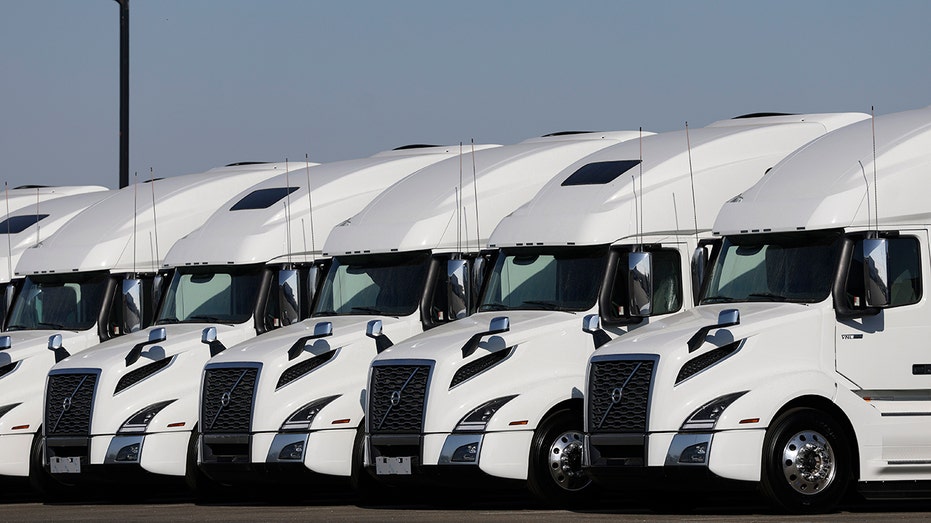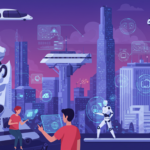Volvo and Waabi Unveil Next-Generation Autonomous Truck with Advanced AI Integration

The trucking industry is entering a new era with groundbreaking advancements in autonomous vehicle technology. Waabi, a leader in physical artificial intelligence, has partnered with Volvo Autonomous Solutions to introduce a highly sophisticated self-driving truck system that promises increased safety and scalability. This collaboration marks a significant milestone in the journey toward fully autonomous freight transportation.
Revolutionary Autonomous Truck Technology Debuts
In early 2025, Volvo’s Virginia-based New River Valley plant began manufacturing the VNL Autonomous, equipped with six vital redundant systems—covering braking, steering, communication, computing, power, and motion control—to ensure safe operation without human drivers. These safety features are designed to support Level 4 autonomy, where the vehicle can operate independently under specific conditions.
Waabi contributes its innovative Waabi Driver, an AI model that learns from extensive experience and adapts to new driving scenarios. The company also leverages Waabi World, a powerful simulator exposing the AI to millions of realistic driving situations before deployment. This approach, termed “physical AI,” emphasizes real-world learning and safety across diverse environments.
-
Modern technologies in 2025: Artificial intelligence and innovative solutions that change the world

- Ecosia Proposes Nonprofit Stewardship of Google Chrome Amid Antitrust Scrutiny
- Stalker 2: Heart of Chornobyl Arrives on PS5 in November with Enhanced Features
-
Are AI Meeting Notetakers Invading Your Privacy?

Partnerships with Tech Giants Drive Innovation
The joint effort is further strengthened by NVIDIA’s DRIVE AGX Thor platform and Hyperion 10 architecture, providing the high-performance computing backbone necessary for autonomous operations. NVIDIA’s Vice President of Automotive, Rishi Dhall, highlighted that physical AI is becoming a tangible reality, with Level 4 autonomous trucks already on the horizon.
Volvo’s President of Autonomous Solutions, Nils Jaeger, emphasized the importance of building an ecosystem that addresses safety, efficiency, and industry capacity challenges. The integration of Waabi’s AI technology into Volvo’s fleet demonstrates a commitment to delivering reliable, commercial-grade autonomous trucks, capable of transforming freight logistics.
Addressing Industry Challenges and Future Potential
The push toward autonomous trucking aims to alleviate driver shortages and improve supply chain resilience. However, challenges remain, including safety concerns related to unpredictable weather conditions, road hazards, and cybersecurity threats. Regulatory frameworks are still evolving to certify these systems for widespread use.
Economically, autonomous trucks could reshape employment in trucking, prompting calls for retraining programs for drivers transitioning to new roles. Public acceptance will also be critical; building trust through transparency, rigorous safety testing, and real-world performance is essential for mainstream adoption.
As Volvo and Waabi conclude the integration process, they are paving the way for Level 4 autonomous freight on highways across the nation. This development reflects a broader shift where artificial intelligence transitions from experimental to mainstream, transforming how goods are transported and delivered.
